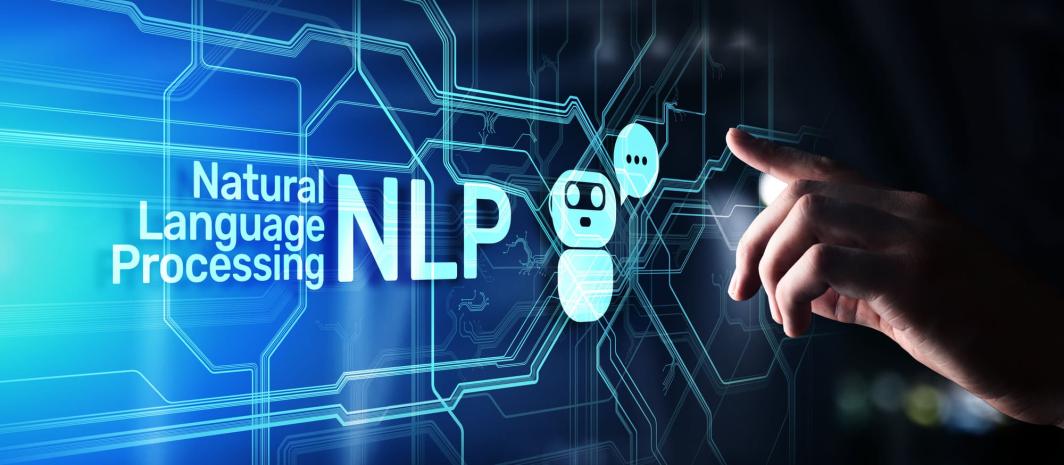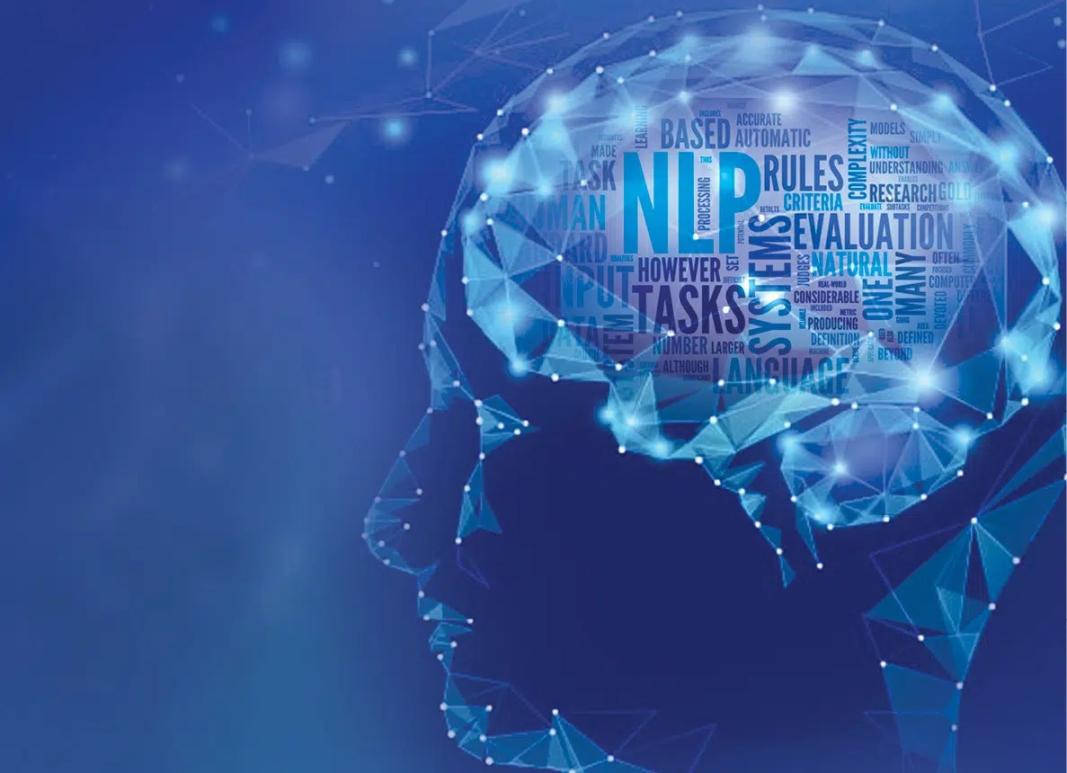Can AI-Powered Surgical Robots Outperform Human Surgeons?
As technology continues to advance, the field of surgery is undergoing a transformation. AI-powered surgical robots are emerging as a promising tool that has the potential to revolutionize the way surgeries are performed. These robots offer several advantages over traditional human surgeons, including increased precision, reduced invasiveness, and improved outcomes. However, there are also limitations and ethical concerns associated with the use of AI-powered surgical robots that need to be considered.

Advantages Of AI-Powered Surgical Robots
- Precision and Accuracy: AI-powered surgical robots are equipped with advanced sensors and algorithms that allow for precise and accurate movements. This can lead to improved surgical outcomes and reduced complications.
- Minimally Invasive Procedures: AI-powered surgical robots can perform minimally invasive procedures, which result in less scarring and faster recovery times for patients. This can be particularly beneficial for complex surgeries or procedures involving delicate tissues.
- Consistency and Reliability: AI-powered surgical robots are not subject to human error or fatigue, which can lead to more consistent and reliable surgical outcomes. This can be especially important for long and complex procedures.
Limitations Of AI-Powered Surgical Robots
- Cost: AI-powered surgical robots are expensive to purchase and maintain. This can limit their accessibility to healthcare providers and patients.
- Limited Autonomy: AI-powered surgical robots are not yet fully autonomous and require human supervision. This means that surgeons must still be present during surgery to monitor the robot's actions and intervene if necessary.
- Ethical Concerns: The use of AI-powered surgical robots raises ethical concerns, such as the potential for job displacement and the need for clear guidelines regarding liability in the event of complications.
Current State Of AI-Powered Surgical Robots
AI-powered surgical robots are still in their early stages of development, but they have already shown great promise. Several successful surgeries have been performed using AI-powered surgical robots, including complex procedures such as heart surgery and brain surgery. Ongoing research and development efforts are aimed at improving the performance and capabilities of AI-powered surgical robots, and it is likely that these robots will play an increasingly important role in surgery in the years to come.
Future Prospects And Challenges
The future of AI-powered surgical robots is bright, but there are still challenges that need to be addressed in order for these robots to become more widely adopted. These challenges include the high cost of AI-powered surgical robots, the need for further research and development to improve their performance and capabilities, and the ethical concerns associated with their use. However, if these challenges can be overcome, AI-powered surgical robots have the potential to revolutionize the field of surgery and improve the lives of millions of patients.

AI-powered surgical robots have the potential to revolutionize the field of surgery, but there are still challenges that need to be addressed before these robots can be widely adopted. These challenges include the high cost of AI-powered surgical robots, the need for further research and development to improve their performance and capabilities, and the ethical concerns associated with their use. However, if these challenges can be overcome, AI-powered surgical robots have the potential to improve the lives of millions of patients.
YesNo

Leave a Reply